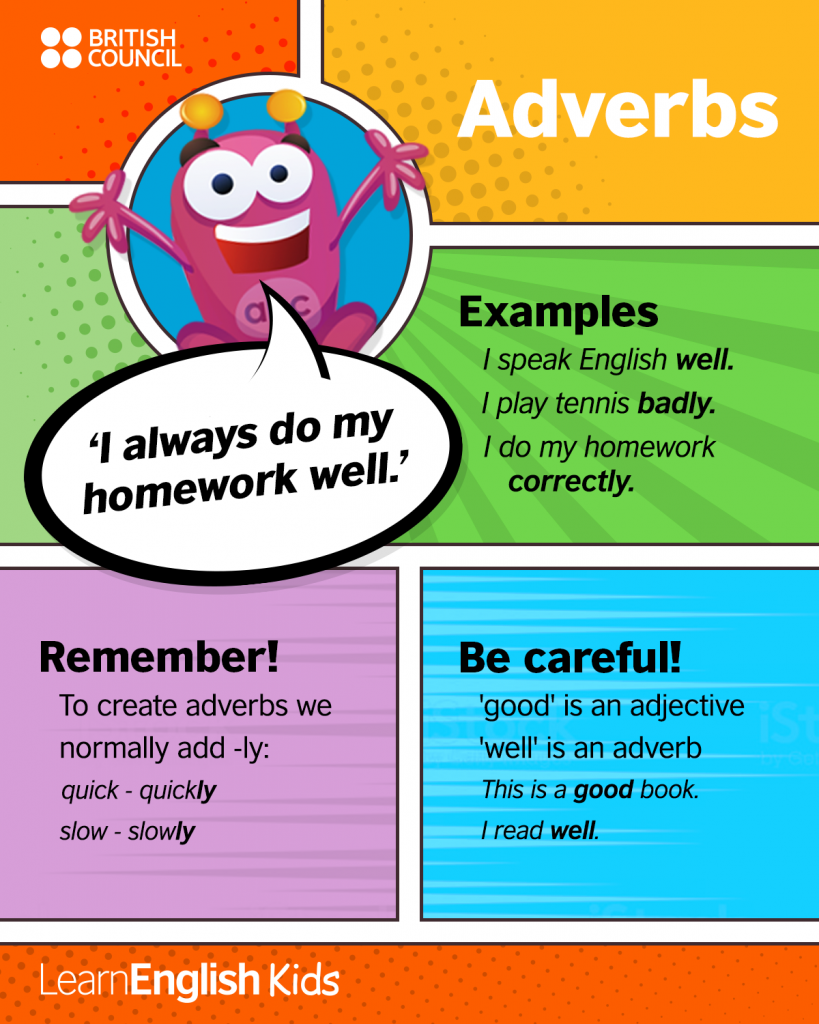5 Maneras Efectivas de Aprender Inglés Online
Aprender inglés puede ser un desafío, pero gracias a internet, hay muchas maneras de mejorar tus habilidades de inglés desde la comodidad de tu hogar. Aquí hay cinco maneras efectivas de aprender inglés online:
Utiliza plataformas de aprendizaje en línea. Hay muchas plataformas de aprendizaje en línea que ofrecen cursos de inglés para todos los niveles. Algunas de ellas incluso tienen lecciones en video y tareas interactivas para ayudarte a practicar lo que has aprendido.
Participa en intercambios de idiomas en línea. Un intercambio de idiomas es una excelente manera de mejorar tu inglés hablando con personas que hablan el idioma como lengua nativa. Puedes utilizar plataformas en línea como ConversationExchange o Tandem para encontrar personas con las que practicar tu inglés.

Utiliza aplicaciones móviles de aprendizaje de idiomas. Hay muchas aplicaciones móviles disponibles que te permiten aprender inglés a tu propio ritmo. Algunas de ellas incluso tienen lecciones en audio y juegos para hacer el aprendizaje más divertido.
Escucha podcasts en inglés. Los podcasts son una excelente manera de mejorar tu comprensión auditiva del inglés. Puedes encontrar podcasts sobre temas que te interesen y escucharlos mientras haces otras cosas, como ir al trabajo o hacer ejercicio.
Ve películas y series en inglés con subtítulos en inglés. Ver películas y series en inglés con subtítulos en inglés es una excelente manera de mejorar tu comprensión auditiva y tu vocabulario. Además, te permite ver cómo se usan las palabras y las frases en contexto real.
En resumen, aprender inglés en línea es posible y hay muchas maneras efectivas de hacerlo. Utilizar plataformas de aprendizaje en línea, participar en intercambios de id





